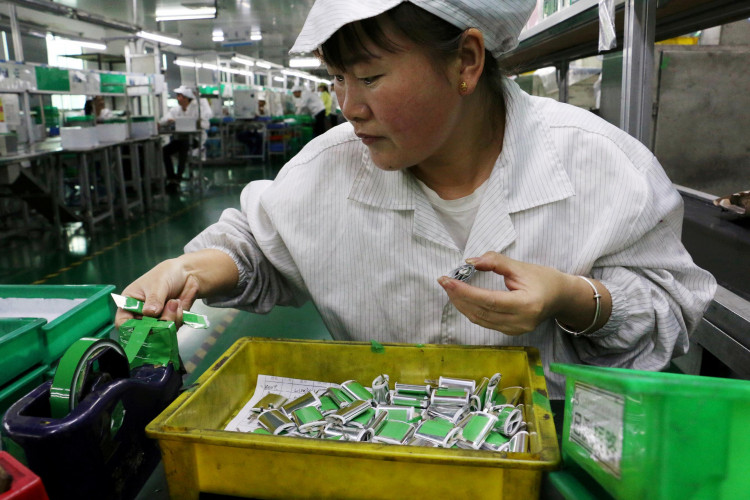Last week, the big Asia Pacific stock indexes ended up mostly higher with buying powered by China's stronger-than-expected manufacturing activity and excitement over a trade deal between Washington and Beijing.
For December's first trading day, shares in major Asian markets saw rises as Chinese factory production offered a positive surprise.
Last week, the Nikkei 225 benchmark in Japan closed at 0.28 percent higher. South Korea's KOSPI Index came to a wrap at 2081.84. or 0.28 percent lower, and Hong Kong's Hang Seng Index finished at 26498.38, up 151.87 or 0.57 percent.
The Shanghai Index in China settled at 2912.01 or 1.40 percent higher and the S&P/ASX 200 index in Australia settled at 6707.00, down 2.03 percent.
Chinese Factories Step Up
A private survey of Chinese factory production in November was stronger than expected, with the Caixin/Markit Purchasing Managers' Index increasing to 51.8 for the month. That was better than analysts' estimates in a Reuters poll of a 51.4 rating. The reading of the October PMI reached at 51.7.
According to China's National Statistics Bureau, data released last weekend showed the official Purchasing Managers ' Index (PMI) was 50.2 in November. This was beyond the expectations of analysts reading 49.5 in a Reuters poll in November. The final reading of the PMI was reported in October at 49.3.
The S&P/ASX 200 Index remained lower last week, not returning from Tuesday's sharp sell-off. Australia's shares fell last week as a a consequence of adverse trends in currency and money markets in the United States as US President Donald Trump said he would reinstate duties from Brazil and Argentina on U.S. steel and aluminum exports.
In other headlines, Australia's Reserve Bank said it held its main cash level at a record low of 0.74 percent, a decision that was aligned with most analysts' projections, based on a Reuters poll.
Retail Sector Feeble
Investors from Hong Kong brushed off a disappointing statement on retail sales, relying instead on updating Chinese information and hope about a trade deal. Hong Kong's retail sales in October dropped by their steepest level, as ongoing demonstrations in the region hurt consumption and the money market in general.
October's retail sales declined 24.4 percent from a year earlier, government data showed on Monday, compared with a reported 18.1 percent fall in September and a 22 percent decline in August.
Meanwhile, the Japanese government gave the green light for a fiscal stimulus spending of 13.2 trillion yen ($121 billion) on Thursday, with the economy contributing to a cumulative injection of 26 trillion yen after factoring in private-sector and other outlays.





